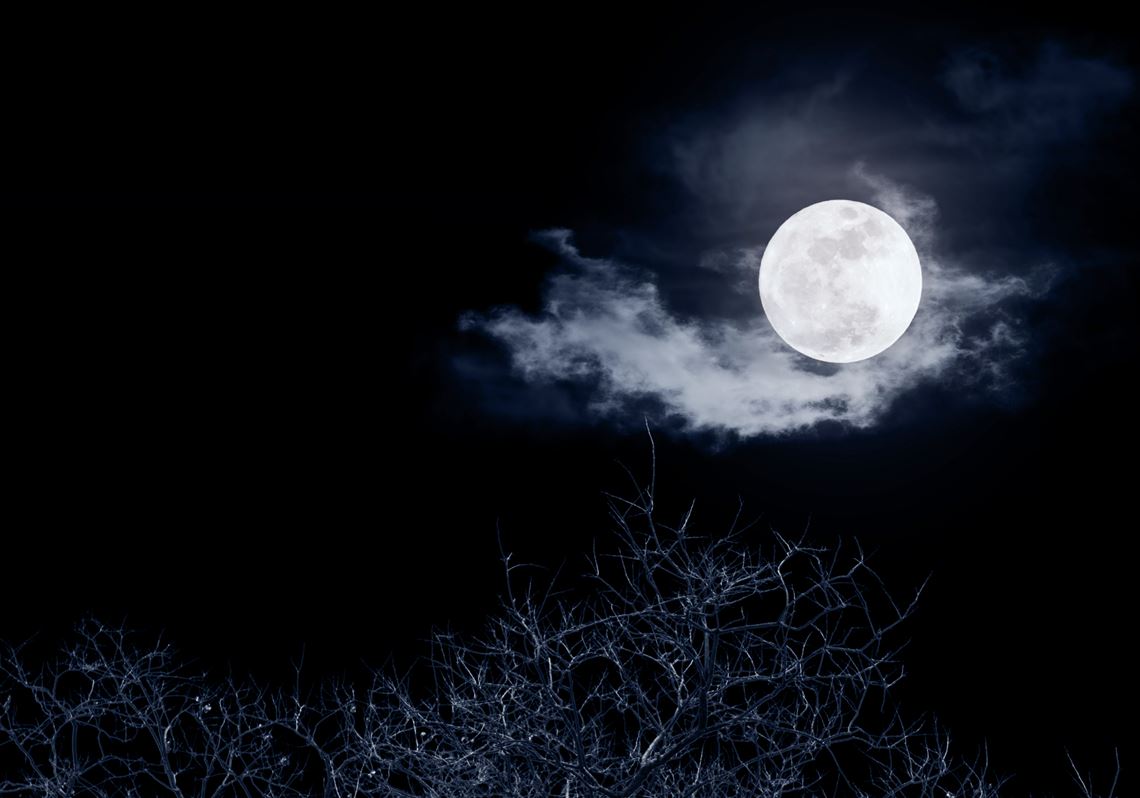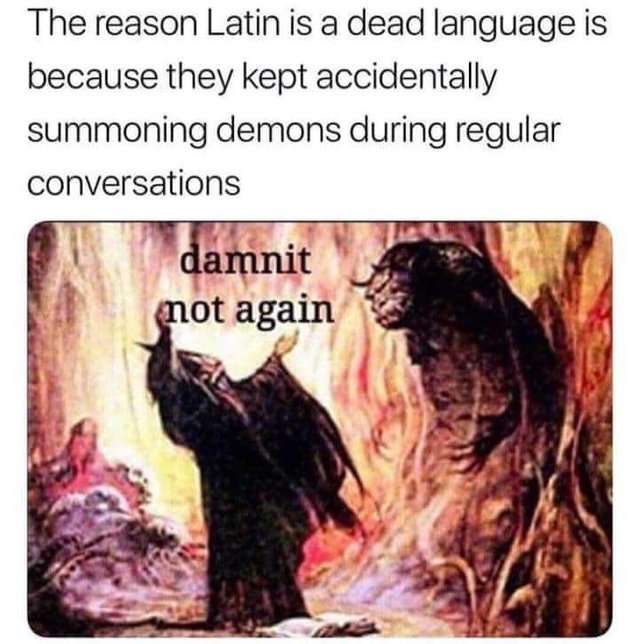Day 1
0652. Medical comes in just before shift change, meaning it’s a cluster and a half (sorry, Ms. Carol, the guys were fighting over whose turn it was to deal with you and your angina this time). I should be on my way home, but I've gotta stay late so I don't saddle the morning shift with the burden of a half-finished call.
In the middle of the mess, Officer Areyougoingforaworldrecordintrafficstops? (nice name you got there / thanks, it’s German) has to get one last traffic stop in. Hey, here's an idea. If a medical call is currently being dispatched, instead of making me juggle that and your unnecessary traffic stops-- I don't know, maybe go to it?
0734. Thank you for threatening to pull me over for my broken tail light on my way into work tonight, Officer Hardass. I can’t even tell if you’re kidding or not. Guess I better go to the nearest auto parts store and replace my brake light in the freezing cold.
0812. Good thing I did it here in the store parking lot before I left, because you guys sold me the wrong bulb. Oh, you don’t have the one I need? Great. Can I get that in writing for Hardass? Also, I was shivering so hard that when I tried to take the ill-fitting one out that I dropped it and it broke. But at least I’ve got the rest of the day to myself. Right?
828. Oops, I forgot that I agreed to tutor my GED student today. Was expecting to have the rest of the day, but hey, it’s for a good cause. I still have all afternoon to sleep and shower.
1100. Call from my Lieutenant. Did I want today’s eve shift for overtime? I jumped for it. Eves are my favorite shift, after all, and every overtime shift that I put straight towards my student loans brings me 0.01083% closer to financial freedom.
1101. Realized that now I had to be back at the station in four hours, and we’re in the middle of a quiz. Too polite to kick my pupil out mid-quiz, I silently resign myself to not getting a shower today.
1205. Finally, bed. Two blissful hours of--
1415. GOD that alarm is loud. Gotta get up and haul ass. No time to primp, just throw a bandana on, fresh uniform— aaaaand it’s damp.
Day 2
1500. Freezing My Butt Off Because My Uniform is WET and Dispatch is COLD.
1655. Remembered that as the dispatcher, I’m in charge of the dispatch office, and therefore I control the thermostat. Cranks heat.
1938. Relentlessly mocked by Lieutenant about keeping Dispatch a sauna.
1941: Retaliated by playing up the cold symptoms related to an ongoing, non-contagious sinus infection, then fake sneezing on said (germaphobic) Lieutenant.
1956: Noise complaint from a guy whose neighbors are watching a movie "so loudly it sounds like World War Four in there." (I'm sorry, did I miss World War Three somehow? Any particular reason we jump right to four?)
2056: I should make some coffee. I sure hope the coffee machine isn't-
2057:

2143. Where’s Officer Goingforarecord when you need him? At least the constant traffic stops would be something to keep me awake. I guess the fact that the sun was out helped me forget that three in the afternoon to a night shift person is like everyone else's three in the morning.
2300:
0000: Is it seriously only midnight?
0100:
0200:
0300:
0400: My favorite officer to chat with has decided to let me talk his ear off. While I’d like to believe I am simply that good company, I also suspect that it’s because my mindless chatter is impossible to sleep through. He looks about as tired as I feel.
0500: After talking pretty much nonstop for an hour, my voice hurts. But if I stop, I’ll lose the momentum and adrenaline of a mostly one-sided conversation about the relative benefits of being a bandana girl. Sure, it’s not exactly a runway-worthy fashion statement, but can you tell how long it’s been since I washed my hair?
0549: I wonder if this would make an interesting blog entry? Dispatch: A Night in the Life.
0601: Should I at least format it into essay style?
0636: Too tired. Transcript will have to suffice.
0639: I swear I know how to spell the word lieutenant, Mrs. Overton, my dearest seventh grade English teacher. I even use the pneumonic you taught us: lie-to-u-about-ten-ants. I’m just so tired, my brain won’t cooperate. (I won’t even tell you how many times it took me to spell pneumonic.)
0646: Wait, why would an officer lie about ants? Do we have ants in the station???
0649: I guess after the mouse that Dave’s mousetrap caught, a few ants shouldn’t be too much concern.
0651: Almost time to...
0652: You have got to be kidding me, Carol.







.png)




















